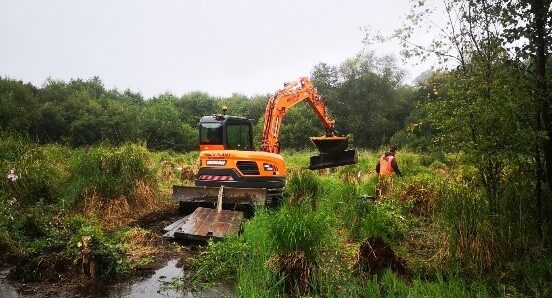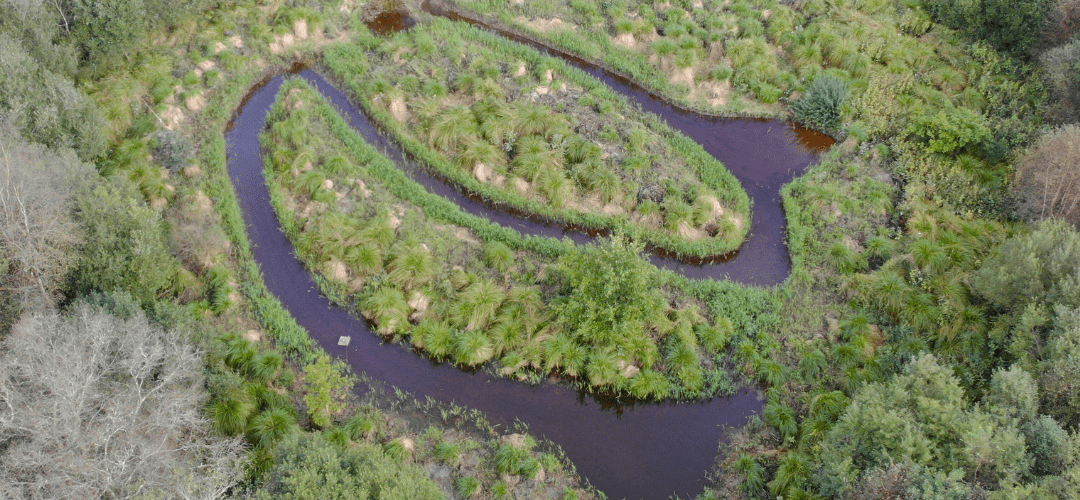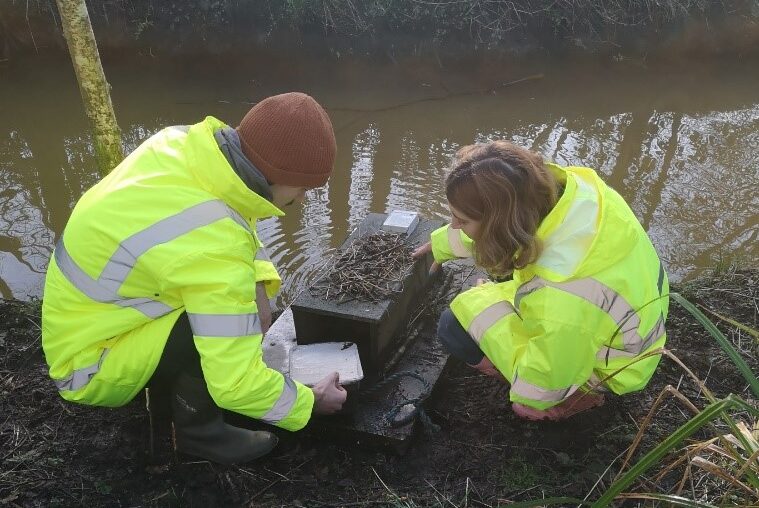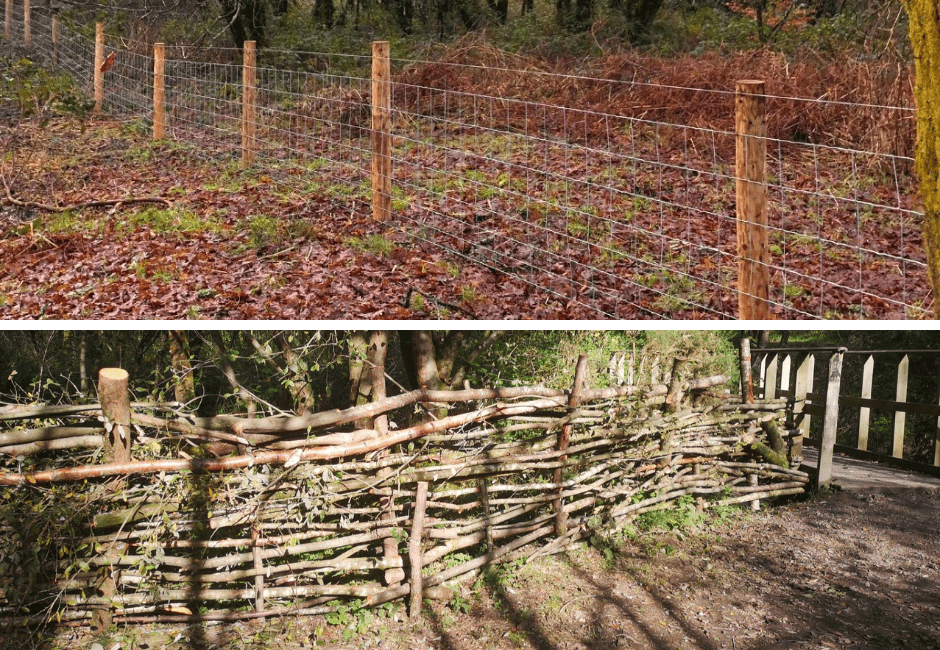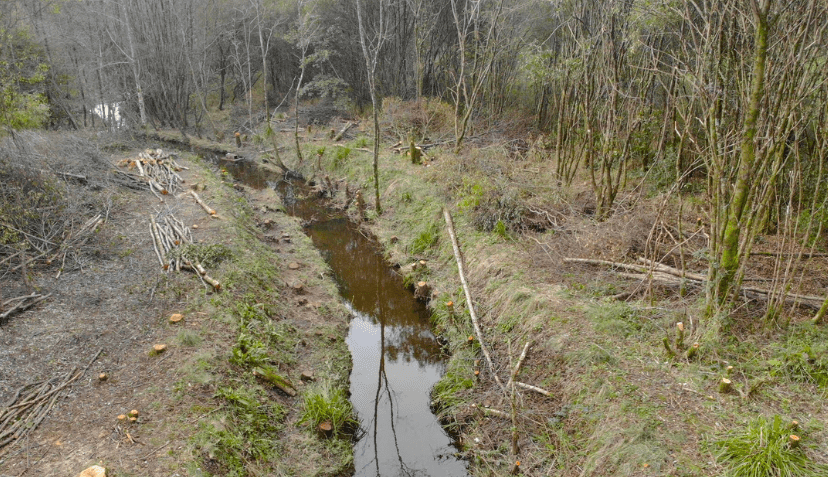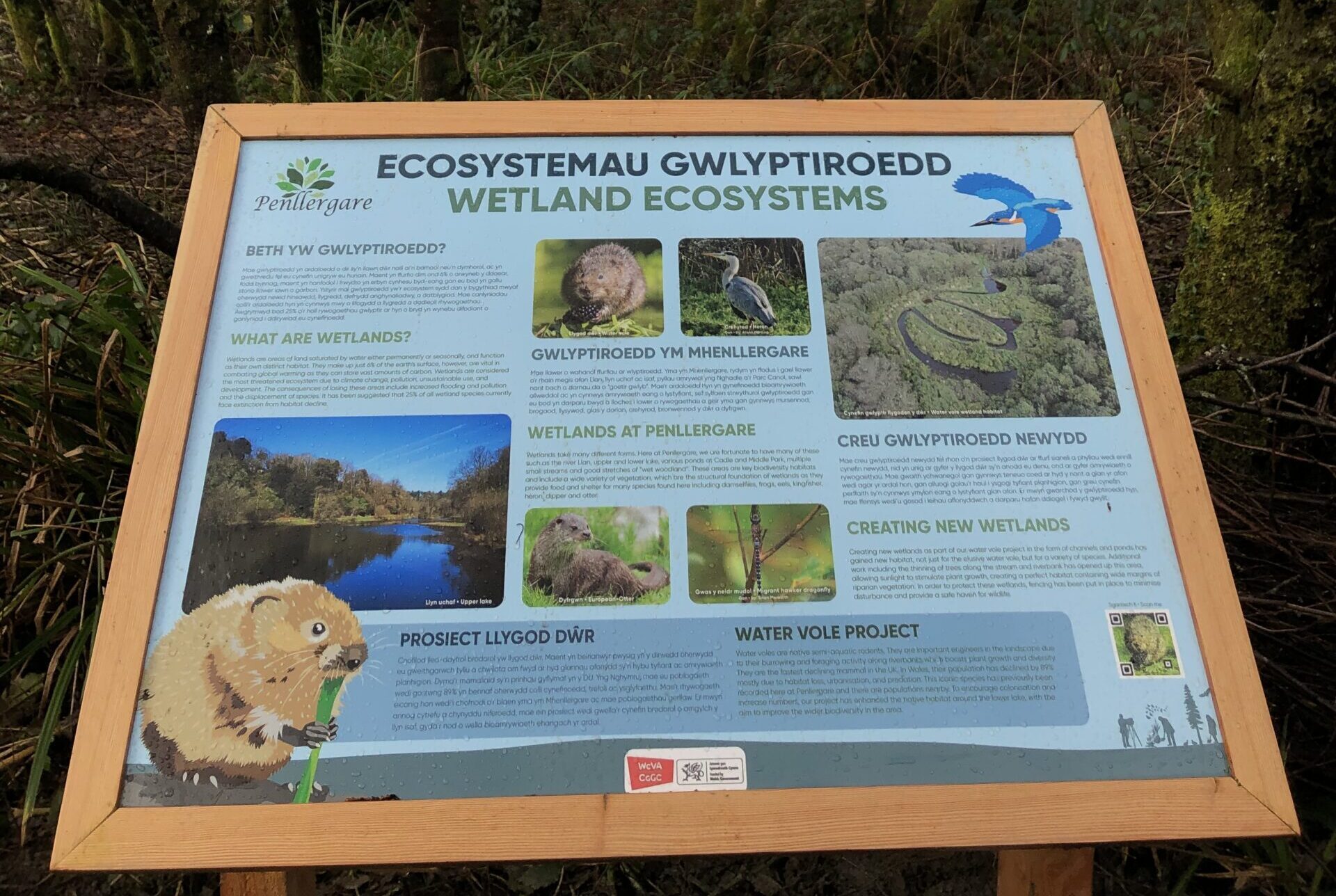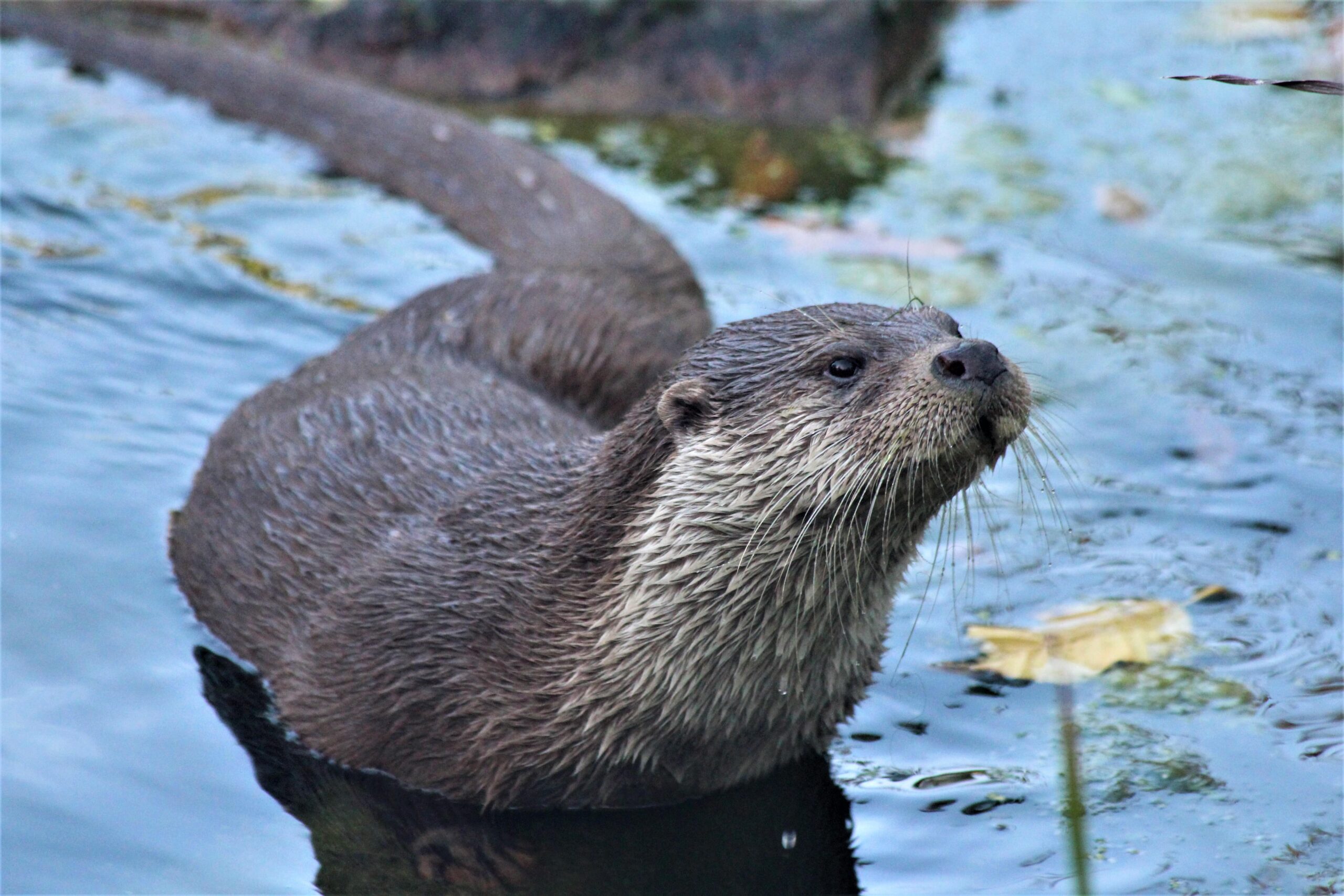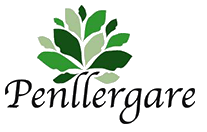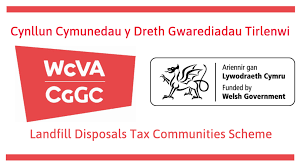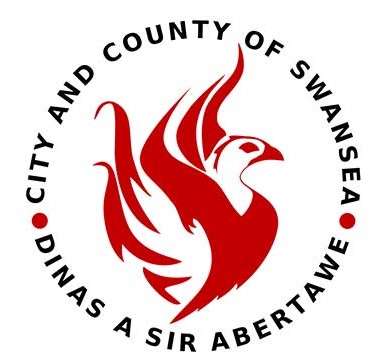Water Vole Project
Water voles are native, semi-aquatic rodents, and important landscape engineers; their burrowing and foraging activity plays a vital role in boosting plant growth and diversity along our riverbanks. However, as a result of habitat loss, urbanisation, and predation, they are the fastest declining mammal in the UK. In Wales, their population has dropped by a massive 89%. Despite this staggering figure, there are still populations nearby and they have previously been recorded here at Penllergare. Our water vole project aims to encourage the return of the water vole to our wonderful woodland by addressing the issues contributing to their decline, by creating a safe, secluded, and enriching environment.
We are very pleased to announce that Phase 1 of the water vole restoration project has been completed. With the help of professionals and volunteers who have dedicated hundreds of hours, we have achieved a significant amount of habitat enhancement works. Read below to learn about the important conservation work that we’ve been doing over the past year.
